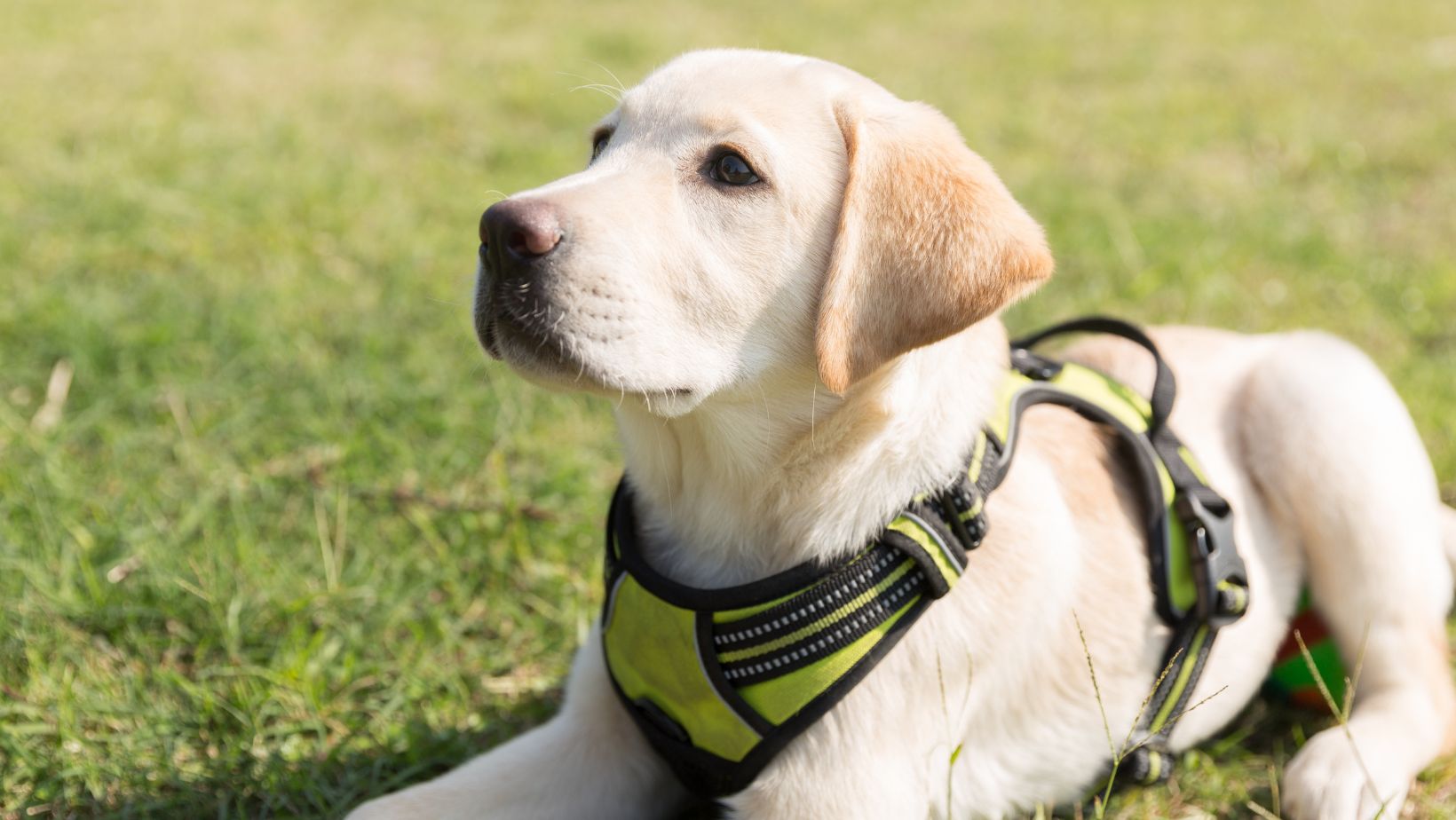Are you struggling with a Labrador puppy who just won’t stop biting? Don’t worry, I’ve got some tips and tricks to help you put an end to this behavior fast. Puppy biting is a natural instinct for dogs, but it’s important to teach them proper bite inhibition so they don’t hurt anyone or damage belongings. Let’s dive into how to stop puppy biting fast.
How to Stop Puppy Biting Fast
When it comes to dealing with puppy biting, it’s important to first understand the reasons behind this behavior. Puppies, especially those of the Labrador breed, tend to be curious and playful by nature. However, their sharp little teeth can cause quite a bit of discomfort and frustration for us humans. So, why do puppies bite?
- Teething: Just like human babies, puppies go through a teething phase as their adult teeth start to come in. This can be quite painful for them, and biting helps alleviate some of that discomfort. They may also chew on objects around them to help loosen baby teeth.
- Exploration and Play: Puppies use their mouths as a way to explore and interact with their surroundings. It’s how they learn about different textures, tastes, and even social cues from other dogs or humans. Through play-biting, they develop essential skills like bite inhibition.
- Attention-Seeking: Sometimes puppies resort to biting as a means of getting attention from their owners or siblings. If they see that biting results in a reaction or interaction from you, they may continue doing so because they find it rewarding.
- Lack of Proper Training: Without consistent training and guidance from their owners, puppies may not understand that biting is unacceptable behavior. It’s essential to establish boundaries early on and teach them appropriate ways to engage with people.
- Fear or Anxiety: In some cases, puppies may resort to biting out of fear or anxiety when faced with unfamiliar situations or people. It’s crucial to create a safe environment for your puppy where they feel secure and comfortable.
Now that we have an understanding of why puppies bite, we can better address this behavior through effective training techniques and strategies that will be covered in the upcoming section.
Remember, it’s important not to punish your puppy for biting but rather redirect their behavior onto appropriate chew toys or provide alternative activities when they start nipping. With patience, consistency, and positive reinforcement, you can help your Labrador puppy overcome their biting habit and grow into a well-behaved and happy companion.

Establishing Boundaries and Rules for Your Puppy
As a puppy owner, it’s important to establish clear boundaries and rules right from the start to help prevent and address biting behavior. Here are some effective strategies to stop puppy biting fast and create a well-behaved Labrador:
- Consistent Training: Consistency is key when it comes to teaching your puppy what is acceptable behavior. Use positive reinforcement techniques such as rewards, praise, and treats to reinforce good behavior while redirecting or ignoring any biting incidents.
- Socialization: Proper socialization plays a crucial role in shaping your puppy’s behavior. Expose them to different people, animals, environments, and situations gradually and positively. This helps them learn appropriate ways to interact without resorting to biting.
- Encourage Gentle Play: Monitor playtime with your puppy closely. If they become too rough or start nipping during play, immediately stop the activity and calmly redirect their attention towards chew toys or interactive games that encourage gentler play.
- Provide Chew Toys: Puppies have a natural instinct to chew, especially during teething stages. Supply them with a variety of safe chew toys made specifically for puppies. This not only satisfies their urge but also redirects their focus away from inappropriate chewing on hands or furniture.
- Timeouts: When your puppy gets overly excited or starts biting persistently despite redirection efforts, implement short timeouts in a designated area such as a crate or quiet room for a few minutes until they calm down.
Remember, patience and consistency are key when establishing boundaries and rules for your puppy. By implementing these strategies, you’ll help them develop into a well-mannered companion who understands appropriate behavior and stops biting fast.